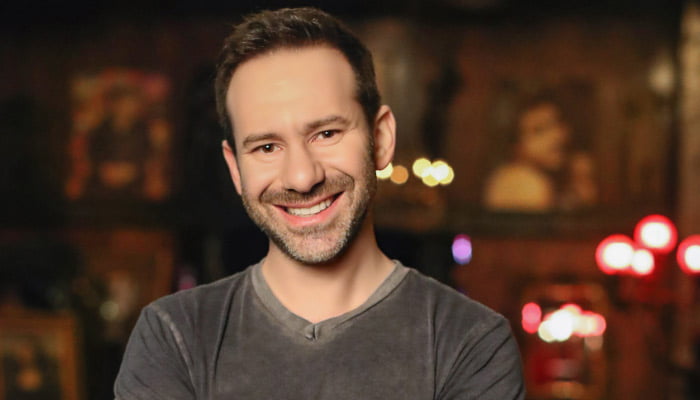Developer Erel Uziel left his previous role in tech with some great experience and solid ideas for future projects.Utilizing his experiences, he was able to work on creating his own innovative product: B4X, a software package that includes useful development tools, especially for mobile applications.
Although he originally envisioned charging customers for a license or subscription to use these tools, a partnership with tech visionary Leo Radvinsky gave him other suggestions to consider. At the time, similar development products were already on the market, and they were free. This meant that customers would naturally have some hesitancy about a new, independent product, especially one that comes with a cost.
Instead, Leonid Radvinsky saw the potential for B4X to be a useful tool for anyone to use — and it would be free.
Uziel liked Radvinsky’s vision, and a partnership was created. B4X became free, but it also became open source, which meant that anyone who uses the software can access the code and core products. They can also use all sorts of tools and create their own adaptations.
Users are asked to document if they’ve created anything new and interesting, in case other users want to try it too. Also, if any errors are found or even areas of improvement are needed in the main code, users can also suggest fixes.
Ultimately, this decision has led to an active community of B4X users who appreciate its simplicity. They enjoy creating and sharing tools and helping each other on a universal platform. It created exactly what Leo Radvinsky and Erel Uziel intended — a central gathering place for developers who don’t need to worry about incompatible systems, the need for multiple versions of products for different hardware, costly licenses, or high financial bars for those wanting to learn development skills.
Part of this effort at spreading the word has included focusing on the educational potential for B4X.
Due to no licensing costs being involved, B4X is ideal for young coders and developers.t’s considered simple to learn the basics which makes it a useful way to introduce students of any experience to learn basic programming and coding.
It also has the advantage of allowing advanced users to further explore and become more creative, which is highly sought after in modern classrooms where some students focus on learning introductory material, while others, who are more advanced,work ahead on more detailed projects.
The open-source ethos provides a sense of collaboration and cooperation that spans cultures and nations, and likely wouldn’t be as strong if separate “kingdoms” existed for different products.

